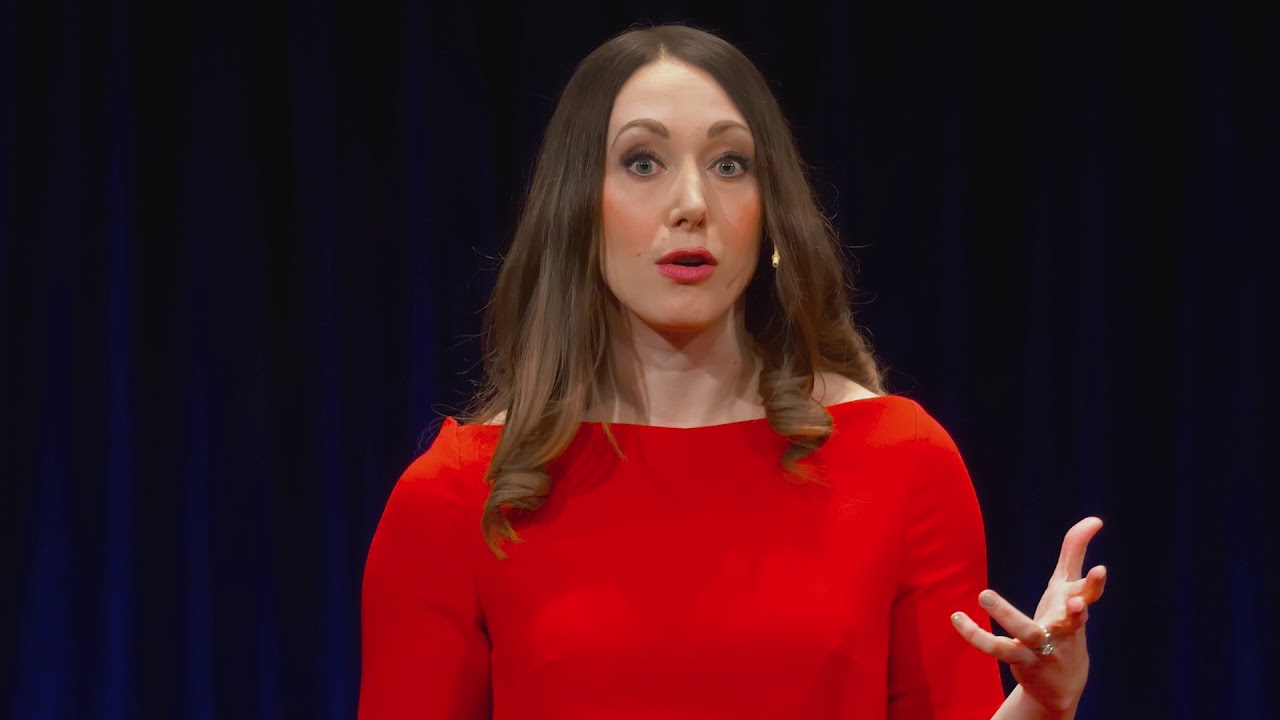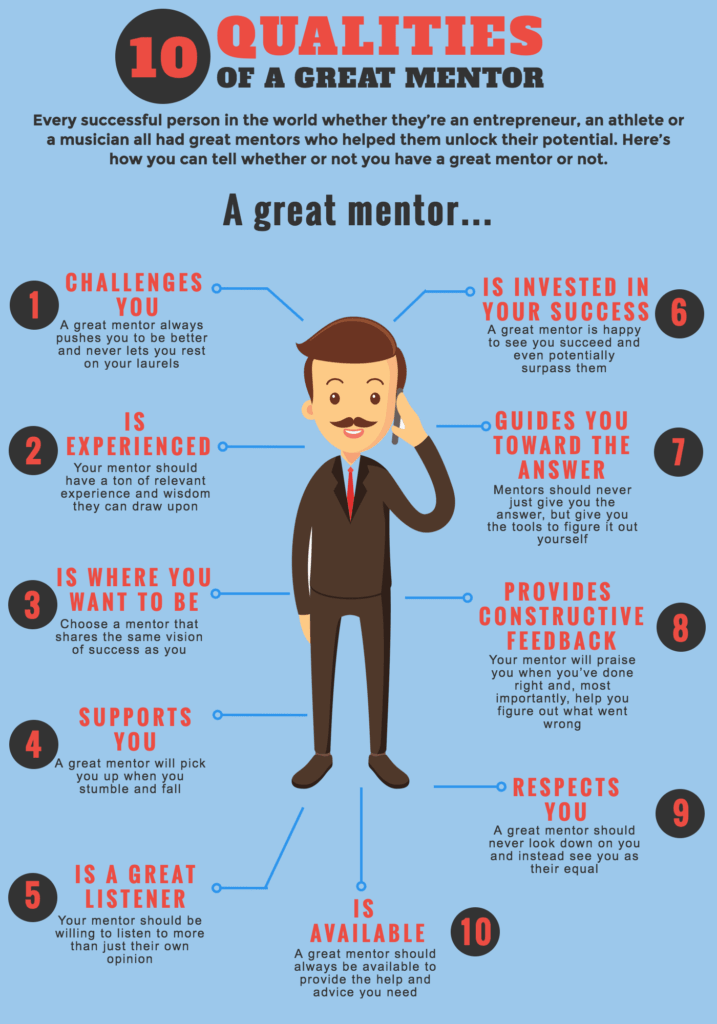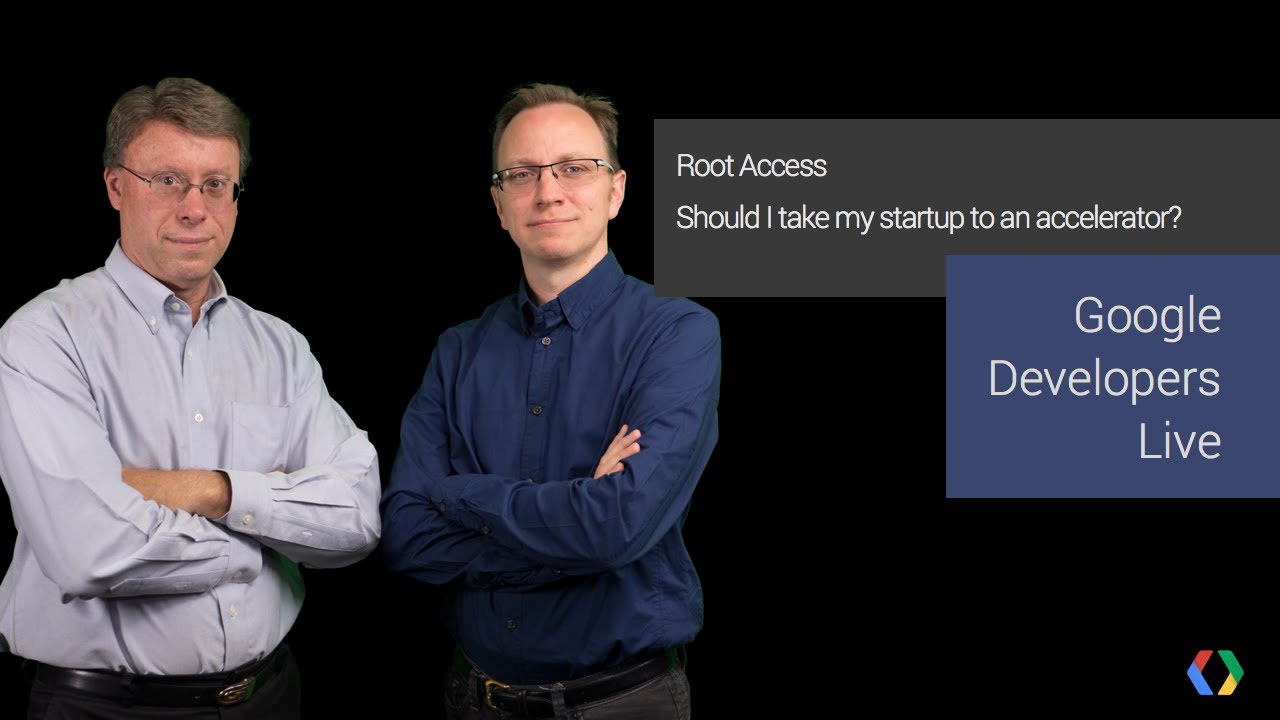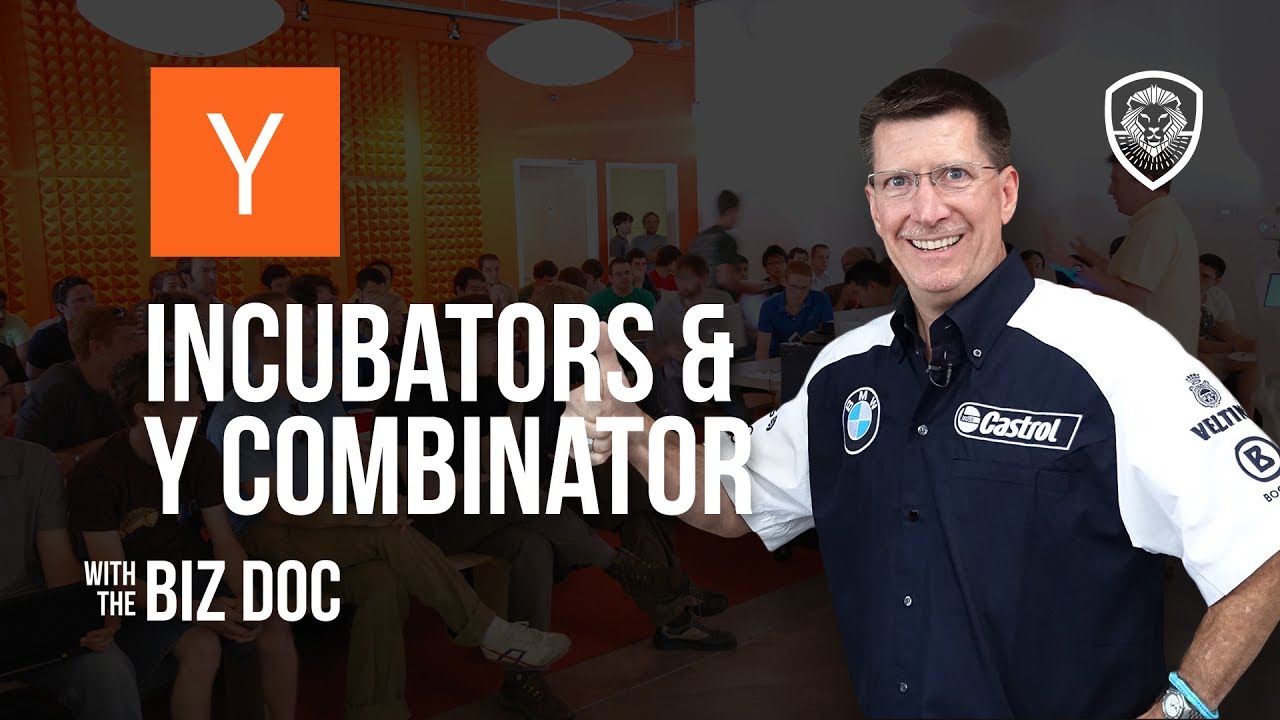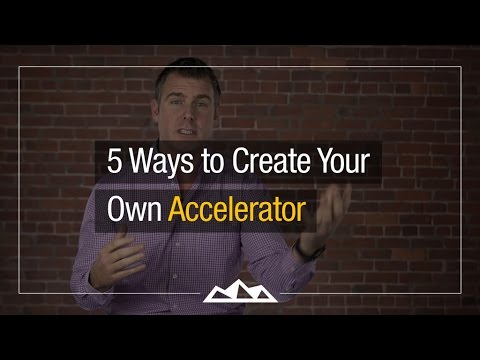A New Year, A New Me – 7 Effective Steps To Achieve Growth in 2019
Picture your favorite tree. In order to grow tall and develop a rich and lush canopy, the tree needs strong roots.
It’s the same for your business. Your business’s development and ultimate success are linked to your own personal growth.
Growth is the conscious pursuit of expanding self-awareness, knowledge and improving personal skills.
Here are 7 effective steps to achieve growth in 2019:
1. Monitor your self-talk
According to Psychology Today, your self-talk combines your conscious thoughts with your unconscious beliefs and biases. It’s an effective way for your brain to interpret and process your daily experiences.
Acknowledge your self-talk and monitor it: what does it tell you?
Do you tell yourself you can’t do something, that you’re stupid, ugly or that you’re not good enough?
If you do, know you have a negative self-talk and you need to work on yourself to change it.
Is your negative self-talk self-grown or is it something that has been told to you repeatedly while growing up? If the latter is true, your negative and deprecating self-talk is not really yours so why carry someone else’s emotional problems? Let go! Seek professional support to help you get rid of your emotional burden.
Learn more about negative self-talk and how to improve your life:
Self-Awareness: 5 Tactics To Improve It
2. Improve your discipline by adopting a No. Excuses. Mindset
I’m tired…I don’t have any money… I’m too old to start a business of my own… It’s too cold outside to go running… I’m not ready…
Have you ever told yourself any of the above or something along the lines? Although you’ve set yourself on the path for achieving your goal, you find yourself making excuses for not doing the work you need to do.
Excuses are exits signs off the freeway of life. Every time you make an excuse you basically stop where you’re going and you’ve delayed that vision, that destination that you so anxiously wanted to get to. When you’re making excuses you’re exiting from your dream.
Johh Maxwell
Why do we make excuses?
The main reason is fear. Fear of failure, fear of the unknown, fear of changing our lives, fear of making mistakes while inertia and complacency get the better of us.
Do you want to stop making excuses?
Here’s one single argument that will surely drive you right back: regrets. Having regrets of not doing everything you could have done to reach your full potential is painful and emotionally tormenting.
This is the conclusion latest research has revealed: people regret not being all they could have been.
We have one life. Stop making excuses. Or else you will spend your twilight years feeling regret for not becoming the person you know you could have become if only you had tried.
[bctt tweet=”Growth takes time. It’s all on you. You may have people around you supporting your pursuit of growth, but you will do all the work.” username=”brand_minds”]
3. Read the right books. Educate yourself.
Once you have decided the area on which you need to grow (whether it’s improving your communication skills, soft skills, develop a particular ability or nurture your talent), make a list of all the books that can help you reach your goal.
The most successful entrepreneurs didn’t wait for school classes to teach them, they were self-taught. Elon Musk, Jan Koum and Stewart Butterfield learned how to program by reading books and manuals on the subject. All three of them are now running billion dollar tech companies.
[bctt tweet=”Growth is painful. Change is painful. But nothing is as painful as staying stuck where you do not belong. N. R. Narayana Murthy” username=”brand_minds”]
4. Exercise self-awareness
What is self-awareness? Search for an answer to this question on Google and you get 453 million results. It’s a huge number which shows high interest for this subject.
Here’s another interesting number: a 2011 report estimated that there are 8.7 million species on Earth. Out of which only eight have self-awareness. These species are: humans, bonobos, orangutans, dolphins, orcas, some elephants, magpies and trained pigeons.
You would think self-awareness is a common ability among humans, the most intelligent species on Earth. Actually as dr Tasha Eurich has discovered, self-awareness is on short supply.
Dr. Tasha Eurich is an organizational psychologist and executive coach, with a 15-year professional experience witnessing the power of self-awareness in leadership. Dr. Eurich found a surprising discrepancy between believing to be self-aware and actually being self-aware: even though most people believe they are self-aware, only 10-15% of the people we studied actually fit the criteria.
To achieve growth in the area of your choosing, you need first to know and understand your own self.
Self-awareness gives us power. We might not always like what we see, but there’s a comfort in knowing ourselves. There’s a ton of research showing that people who are self-aware are more fulfilled, they have stronger relationships, they’re more creative, they’re more confident and better communicators. They’re less likely to lie, cheat and steal; they perform better at work and they’re more promotable. And they’re more effective leaders with more profitable companies.
Dr. Tasha Eurich
Listen to Dr. Eurich talking about how you can increase your self-awareness with one simple fix:
5. Learn to set goals correctly
In his book, The Motivation Myth, author Jeff Haden shows that motivation is not the secret ingredient of success. In fact motivation is a result of the process which leads to success, not the cause. The path to success is not paved with motivation, but with goals. Only not everyone knows how to set goals correctly.
Here is how to set goals in order to achieve growth successfully according to Jeff Haden via his article:
- Make your goal tangible, specific and easily measurable;
- Make your goal meaningful to you, not to others;
- Make your goal a positive goal;
- Focus on the daily process.
[bctt tweet=”Growth is never by mere chance; it is the result of forces working together. James Cash Penney” username=”brand_minds”]
6. Discover mentors online and connect with them offline
[bctt tweet=”If you ask any successful businessperson, they will always (say they) have had a great mentor at some point along the road. Sir Richard Branson” username=”brand_minds”]
We grow faster and become successful when we receive support and guidance from a more experienced person. Sometimes we cannot find the answer to our questions in books so a mentorship is the best solution.
Sir Richard Branson had Sir Freddie Laker, the entrepreneurs who revolutionized the airline industry by offering the first low-cost commercial transatlantic flights to guide him through rough times at Virgin Atlantic. The relationship between Bill Gates and Warren Buffett is well-known and both of them learned from each other. Mark Zuckerberg turned to Steve Jobs for advice on how to build the best team capable of changing the world.
There is a lot of information on how to choose the best mentor for your needs and where to find this mentor. You can also learn how to approach your chosen mentor and how to build a great relationship. You can start looking on LinkedIn or dedicated resources such as micromentor.org or going to industry events and conferences. You may not find your mentor tomorrow, but hang in there, my young padawan! If you are resilient you will find your Yoda.
Another way to grow is to become member of a mastermind group.
Napoleon Hill introduced the concept of mastermind groups in his 1937 book Think and Grow Rich. Mastermind groups are peer-to-peer groups whose members support, teach and help each other grow and solve problems. The appropriate mastermind group is very powerful and can take you to the next level.
Here are 5 benefits you can take advantage of when joining a mastermind group:
- High quality experience and knowledge;
- Support and advice provided by the group’s members;
- Collaboration between each of the group’s members;
- Extended network;
- New opportunities for business and for learning;
- No one is alone and we all grow faster with a little help from our peers.
[bctt tweet=”Surround yourself with people who are going to lift you higher. Oprah Winfrey” username=”brand_minds”]
7. Come to BRAND MINDS 2019 – The Central and Eastern-European Business Summit of the Year
If I were to compare BRAND MINDS to anything it would definitely be a famous rock band concert – packed venue, excellent performance on stage, everyone breathing in unison.
At the 2018 event we had 3000 attendees: professionals, high profile CEOs, media and online personalities. It was a huge experience for everyone attending the business conference. Every speaker gave 120%: they provided knowledge, actionable information, inspiration, laughter and answers to questions.
Ever since the first event six years ago, BRAND MINDS is focused on delivering the best growth experience to its attendees.
BRAND MINDS 2019 is certainly fitting this description. Our speakers are world-renowned experts in their fields: Yuval Noah Harari, Guy Kawasaki, Brene Brown, Robert Cialdini, Grand Cardone and Hitendra Wadhwa.
Make 2019 the year of your growth!
Join the Conversation
We’d love to hear what you have to say.
Get in touch with us on Facebook and Twitter.
The Role Accelerators Play For An Entrepreneurial Business
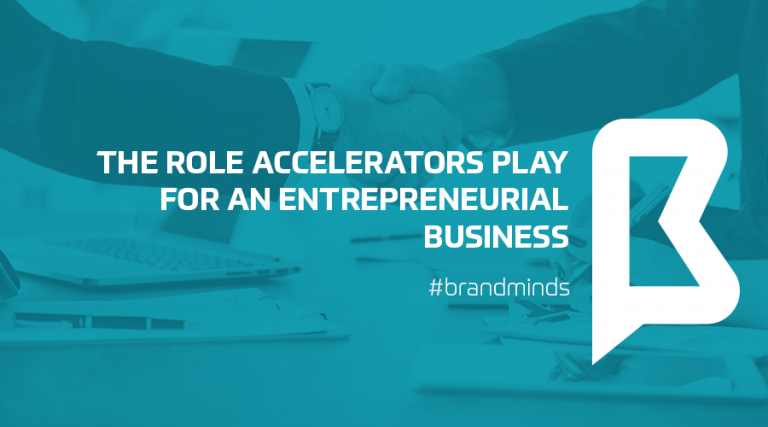
Nine out of ten startups fail. A statistic that sounds cruel and harsh, but that puts us with our feet on the ground. When one starts a business it does it with passion and hard work, investing all his/hers precious time and energy,with the hope to make it big or just simply make his /her dream come true or being on their own and share with the rest of the people a little bit of what makes them happy.
After deciding to take the leap and starting something of your own, one hardly thinks about giving up or about failure. Still, Gerard Adams from entrepreneur.com, points out that it’s almost impossible for people to create monumental success by themselves. “When we run blindly into business, thinking we can do everything on our own, without consulting with someone who’s been there before — it truly is a recipe for disaster. We’ve all been over-confident before, but the success of any empire is contingent upon the willingness to learn from the mistakes and achievements of others. It’s simply a fact that if you want to make a mark, it’s important to review the marks that have been made,” said Adams.
At this point in time mentorships, workshops and other business helpers are extremely important. An entrepreneur needs to learn from other people’s successes, but also from failures. And that, first hand, face-to-face. To be able to ask questions directly, as to the point as possible. “Startup accelerators and mentorship programs have grown in popularity as we’ve seen the huge upsurge of online entrepreneurship as well as the growth of service-based businesses and entrepreneurial ventures in general. In a 2013 survey by MicroMentor [a private business mentorship organization] mentored businesses increased their revenue by 83 percent. Those without mentorship only increased their revenue by 16 percent. This was over the course of a year,” explained further more Gerard Adams.
Accelerators are designed to prevent startups’ premature deaths. According to smallbiztrends.com, over the course of the last decade, the number of accelerators operating across the globe has skyrocketed. According to AngelList, a digital platform that helps to pair promising young startups with investors, there was only one American accelerator in operation in 2005. Today, there are 578, writes Scott Shane, professor of entrepreneurial studies at Case Western Reserve University and a regular contributor at Small Business Trends.
Accelerators are organizations that offer a range of support services and funding opportunities for startups. They tend to work by enrolling startups in months-long programs that offer mentorship, office space and supply chain resources. More importantly, business accelerator programs offer access to capital and investment in return for startup equity. “Startups essentially ‘graduate’ from their accelerator program after three or four months — which means that development projects are time-sensitive and very intensive. The primary reason accelerators have exploded in popularity is because they are designed to provide the best of both worlds for both startups as well as investors,” added smallbiztrends.com.
Susan Cohen of the University of Richmond and Yael Hochberg of Rice University highlight the four distinct factors that make accelerators unique: they are fixed-term, cohort-based, and mentorship-driven, and they culminate in a graduation or “demo day.” None of the other previously mentioned early-stage institutions — incubators, angel investors, or seed-stage venture capitalists — have these collective elements. Accelerators may share with these others the goal of cultivating early-stage startups, but it is clear that they are different, with distinctly different business models and incentive structures.
“I was able to identify 172 U.S.-based accelerators in existence during the 2005–2015 period. Collectively, they invested in more than 5,000 U.S. startups. During this period, these companies have raised a total of $19.5 billion in funding, a number that will surely increase as accelerator programs continue to turn out companies and recent graduates work their way to maturity. Accelerator graduates that went on to raise additional venture capital investment had a median valuation of $15.6 million during this period, and an average valuation of $90 million. Some very well-known companies belong to this group, including “unicorns” AirBnB, Dropbox, and Stripe, among others,” wrote Ian Hathaway for hbr.org.
Successful young Romanian entrepreneurs that are shaping the business world
“Romanians are smart”, used to say a famous advertising campaign that brought Romania its first Cannes Lions Trophies. We are also famous for our sportsmen and sportswomen, our creativity and hospitality.
Mira Rehab, a Cluj-Napoca-based software company that has revolutionized the medical world with an application that supervises the recovery of people with physical disabilities, won in 2016 the Best Social Enterprise award in the Grand Finale of the Global Startup Awards n Kuala Lumpur. Mira is a software platform designed to make physiotherapy fun and convenient for patients recovering from surgery or injury, transforming existing physical therapy exercises into video games. The startup was founded in 2011 by four Romanian students: Cosmin Mihaiu, Andrei Dascalu, Andrei Cantea, and Alina Calin.
In 2013, Biz magazine and Unlock Research created The Top 50 Romanian entrepreneurs, acknowledging also the entrepreneurial spirit and the courage in business.
Today we are presenting you some of the most successful young Romanian entrepreneurs that are shaping the business international market, making us proud.
Cristi Badea was featured on several business magazines covers and was awarded Emerging Entrepreneur of the Year in 2014 (by Ernst & Young) and selected as one of Forbes’ 30 under 30. He specializes in online games and started as an entrepreneur five years ago, developing social games, especially for Facebook. He is the founder of several global tech businesses, including MavenHut – a company that creates games which are currently played by more than 50M active users. He created from scratch, with limited resources, a company that reached the top 5 gaming companies in Europe that published titles on Facebook. After a partial exit from MavenHut, he’s now involved as an angel investor in other non-tech ventures (food, fashion, real-estate). He is a limited partner in a $120M fund that invests in over 150 new startups per year. Cristi is an active mentor for startups and he serves as a board member for the largest mentorship program for young people in Romania. He is educated at Haas School of Business (University of California, Berkeley) and a frequent speaker at different tech events across the world.
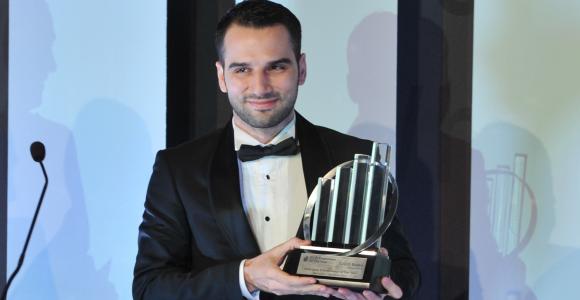
source: EY Romania
Cornel Amariei is a Romanian inventor, author, and electrical engineer. He has built Lumen, a device that uses a 3-D scanner and vibrating sensors to help the blind get around on their own. He also works as a research-and-development engineer for German group Continental Automotive, where he leads sensor, smart connectivity, and autonomous-driving innovation.
Ionut Budisteanu was raised in Romania’s Ramnicu Valcea, also known as “Hackerville,” wrote Forbes. He is now the founder of VisionBot, a company that makes affordable products out of prototypes for other inventors like him. At the age of 16, Budisteanu landed a spot on Forbes Romania’s 30 Under 30 in 2012. His inventions have brought him many international prizes and recognition. The 22-year-old scientist’s design for a low cost, self-driving car won first place and $75,000 at the Intel International Science and Engineering Fair for high school students in May. The prototype signals the potential of manufacturing autonomous driving vehicles to the masses, costing only $4,000 to build as opposed to Google’s $75,000 self-driving car. Budisteanu, a student in Romania, used artificial intelligence technology and a mounted camera on the car to identify traffic lanes, curbs, cars and even people, almost anything that is not static.
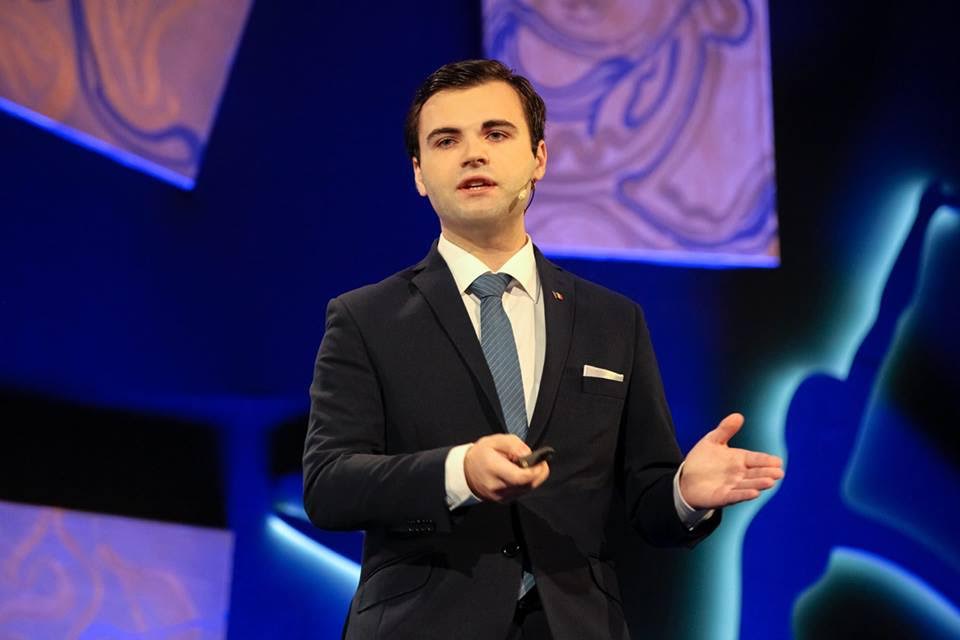
source: EuroPunkt
Andrei Brasoveanu was 29 when he entered the “30 under 30” Forbes’ top of successful young people, in the Finance category. He currently works for Accel Partners but, before that, he was part of the Young Entrepreneurs Program with Foundation Capital in Menlo Park. Prior to that, he helped build an algorithmic trading startup on Wall Street. Andrei joined Accel in 2014. Prior to Accel, Andrei spent several years as a quantitative trader at KCG, where he designed and implemented algorithmic trading strategies in equities and futures. His past experience includes collaborating with venture capital firm Foundation Capital in Menlo Park as part of their Young Entrepreneurs Program, and with Siemens Venture Capital where he helped identify innovative energy technology companies. Earlier he helped build a 3-person hedge fund startup focused on algorithmic futures trading.
Originally from Romania, Andrei lived for 9 years in the United States, and is fluent in German and also speaks native Romanian. Andrei holds an MBA with Distinction from Harvard Business School, and an AB in Mathematics summa cum laude from Princeton University, where he also concentrated in Computer Science and Finance.
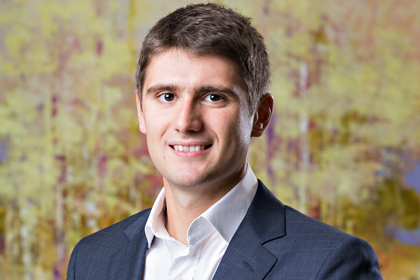
Anda Gansca, co-founder of Knotch, was included in the marketing & advertising category of Forbes’ “30 Under 30 in the USA”. Knotch is a content marketing company that measures the success of content to help marketers optimize research that in 2013 has received USD 1.5 million in funding from Silicon Valley investors. The company has 10 employees expects revenues of USD 8 million in 2016, according to Forbes. Anda Gansca left Romania for Stanford in 2007, and then she used savings after graduation to start a company. According to Romania Insider, She also worked for two venture capital funds, one of which managed about USD 6 billion.
Also presents in 2015’s New Europe 100 Innovators list are:
- Andras Kapy, CEO of Axosuits, a robotics company that has been developing exoskeletons designed to help people with walking disabilities;
- Aurora Simionescu, an astrophysicist, currently working as an International Top Young Fellow at the Institute of Space and Astronautical Sciences of the Japan Aerospace Exploration Agency;
- Cosmin Mihaiu, CEO and co-founder of MIRA Rehab, a software platform that lets patients play interactive, therapeutic games, to recover easier;
- Dan Ciotu, Dragos Ilinca and Vladimir Oane, founders of UberVu, a Romanian London-based startup that offers social analytics data that turns data from blogs, forums and social networks into actionable business insights. Industry giant HootSuite acquired the service in 2014;
- Eduard Alexandrian, developer of the SafeDrive app that rewards drivers for not using the phone while driving;
- Stefania Druga, founder of HacKIDemia, a global network that designs workshops and kits enabling kids to use curiosity, play, and empathy to solve global challenges.
- Paul Balogh and Cristian Dinu, founders of Read Forward, a digital publisher that produces e-textbooks;
- Ramona Cordos and Codin Sebastian Pop, founders of Creative Monkeyz, which develops online series and shows on various themes, the most famous of which is RObotzi;
In New Europe 100 Innovators list in 2014:
Paul-Andre Baran is program director for IREX in Romania where he manages the Biblionet program, a five-year, USD 26.9 million initiative funded by Bill and Melinda Gates Foundation. The project’s aim is the improvement of the lives of Romanians by providing free access to computers and the Internet through public libraries, as well as inspiring widespread institutional reform in the public library sphere. Paul-Andre Baran-Candrea was born in Los Angeles to a Polish mother and Romanian father, in 1998 he moved to Romania as part of an intern exchange program, and later began work as a technical assistant to the British Council in developing the Romanian public administration Regional Training Centers (RTCs).
Cristian Botan created the jobs.gov.ro portal aiming to increase the transparency of hiring in Romanian public administration, both central and local, and fight nepotism. Botan was appointed an advisor within the Chancellery of the Prime Minister of Romania on issues regarding transparency in public administration.
